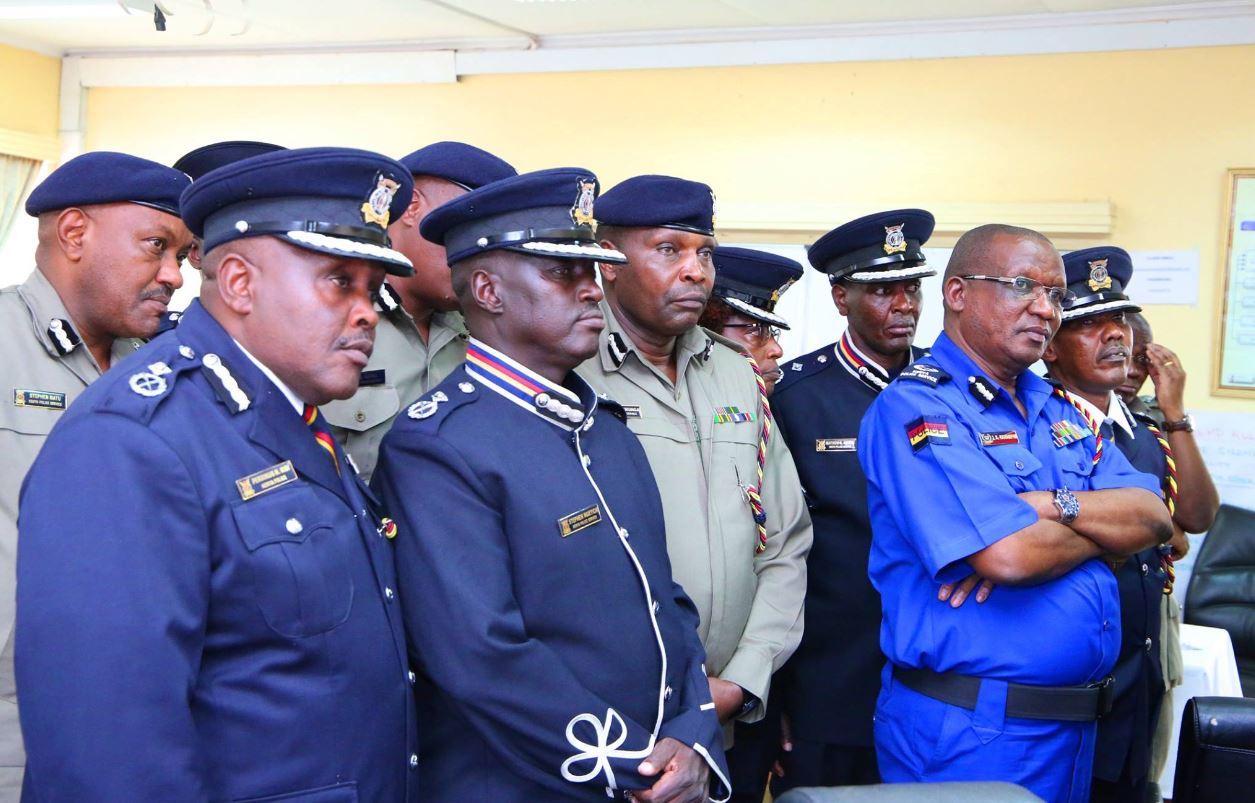Suing a traffic police officer: The Kenya National Police Service is among the most corrupt institutions in Kenya. If you want to be served by the police or to expedite services, you need to bribe the police. The traffic police also struggle because of technical and organizational deficiencies and the lack of oversight. Kenya traffic police are notorious for abusing human rights, false imprisonment, and fabricating charges in order to extort bribes. These corrupt officers are rarely prosecuted or arrested for corruption crimes. Here is a look at some of the grounds for making a claim against a traffic policeman and how to go about suing them.

Motorists have certain rights that should form the basis of their complaints against traffic policemen if violated. Here are some of the rights of every motorist:
- Keeping your license: Traffic policemen should only check the details of your license and not take it from you and keep it. Furthermore, if you do not have your license with you, the law states that you should be given ample time to produce it.
- You cannot be charged for minor over speeding: The law holds that if you are stopped for speeding, you should be given an allowance of a few kilometers.
- You have the right to record a video and take photos of your encounter with a police officer
- You have the right to report any misconduct or inappropriate behavior by policemen to the anti-corruption bureau or to IPOA (Independent Policing Oversight Authority).
Steps to Take When Suing a Traffic Police Officer
The first step when seeking to take legal action against a traffic police officer is to hire a highly experienced lawyer. Many lawsuits against public officials fail because the government has resources to hire the best defense lawyers. Therefore, go for a highly experienced attorney who has dealt with cases against public officials or high profile individuals.
Secondly, preserve as much evidence as you can. You should expect the traffic policeman to fabricate lies against you; therefore, make sure you build your case on solid evidence.
The next thing you ought to do before you take your case to court is to file complaints with the police department, anti-corruption commission, or IPOA, depending on your claims. If no action is taken against the traffic policeman, these complaints will act as strong evidence.
[irp]
Finally, your lawyer will file a legal claim in court. The court will set a date to hear your case and if you fail to settle, the case will go to trial. After the trial, the court will rule on whether your claim was valid, what compensation you should get, and how to punish the traffic policeman.

Leave a Comment